The self is not something ready made, but something in continuous formation through choice of action
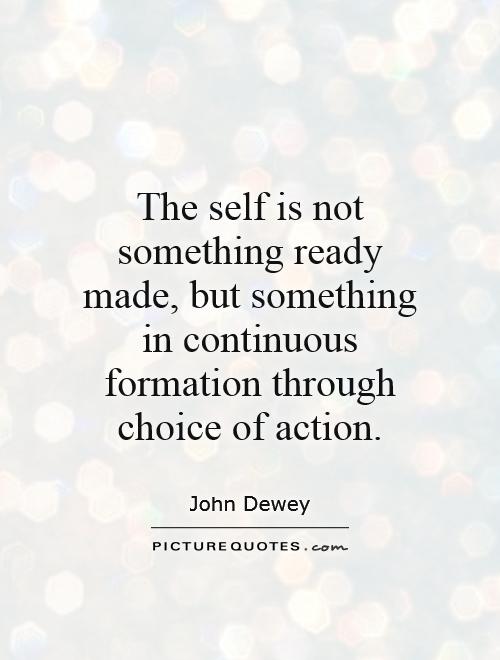
The self is not something ready made, but something in continuous formation through choice of action
John Dewey, a prominent American philosopher and educator, believed that the self is not a fixed entity but rather a dynamic and evolving process that is shaped by our actions and choices. In his view, the self is not something that is predetermined or pre-existing, but rather something that is constantly being formed and reformed through our interactions with the world around us.Dewey's philosophy of pragmatism emphasizes the importance of experience and experimentation in shaping our understanding of the world and ourselves. He believed that our actions and choices are not only influenced by our past experiences and beliefs, but also have the power to shape our future experiences and beliefs. In this sense, the self is not a static entity but rather a fluid and ever-changing process that is constantly being shaped and reshaped through our interactions with the world.
According to Dewey, the self is not something that is given to us, but rather something that we actively construct through our choices and actions. He believed that we have the power to shape our own identities and destinies through the decisions we make and the actions we take. In this sense, the self is not a passive recipient of external influences, but rather an active agent that is capable of shaping its own future.
Dewey's emphasis on the importance of action and experience in shaping the self has profound implications for education and personal development. He believed that education should not be seen as a process of transmitting knowledge from teacher to student, but rather as a process of empowering students to actively engage with the world and shape their own identities. By encouraging students to experiment, explore, and reflect on their experiences, educators can help them to develop a deeper understanding of themselves and the world around them.
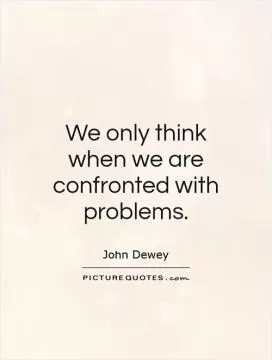



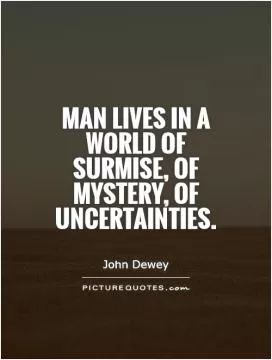
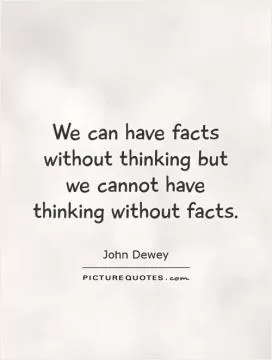

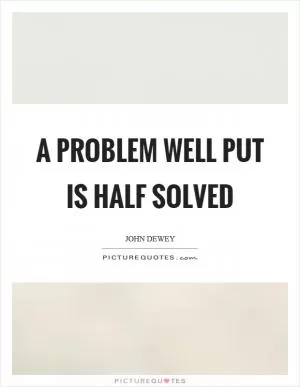
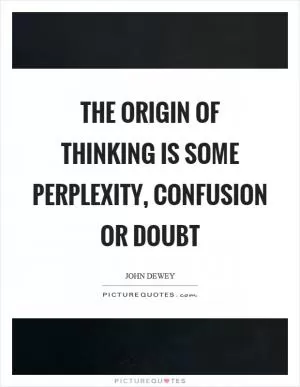


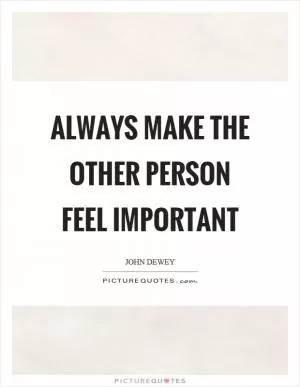
 Friendship Quotes
Friendship Quotes Love Quotes
Love Quotes Life Quotes
Life Quotes Funny Quotes
Funny Quotes Motivational Quotes
Motivational Quotes Inspirational Quotes
Inspirational Quotes